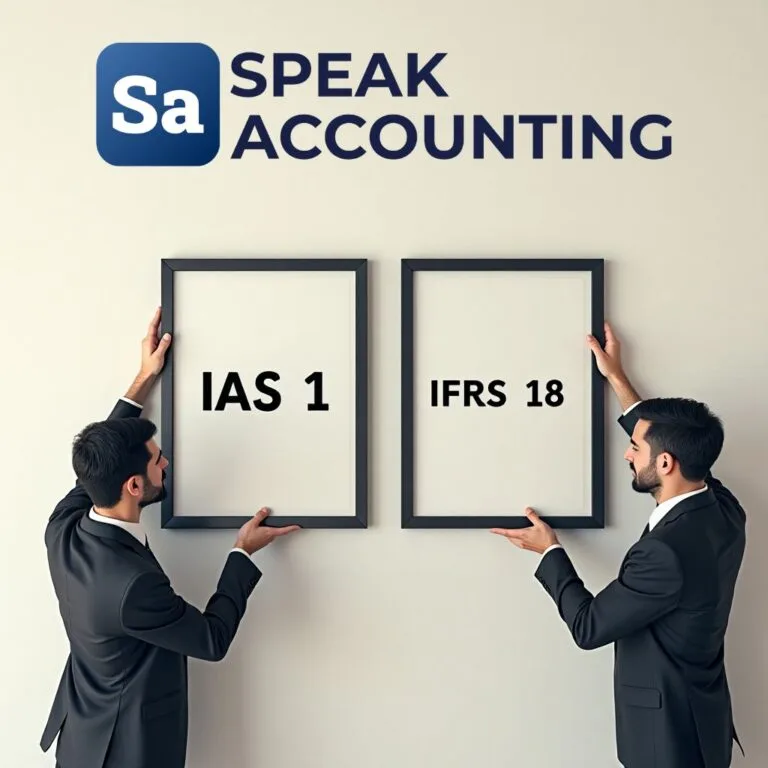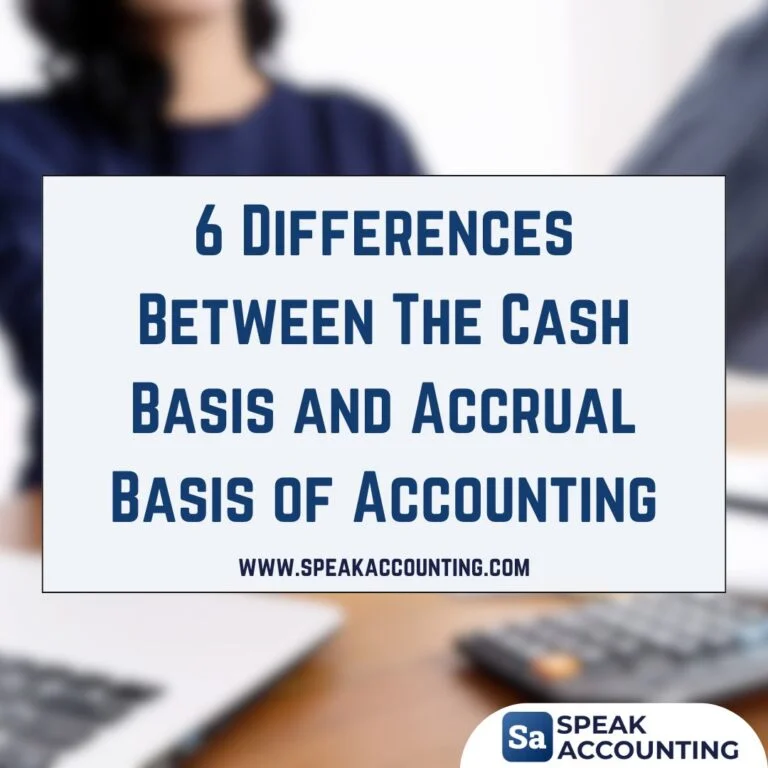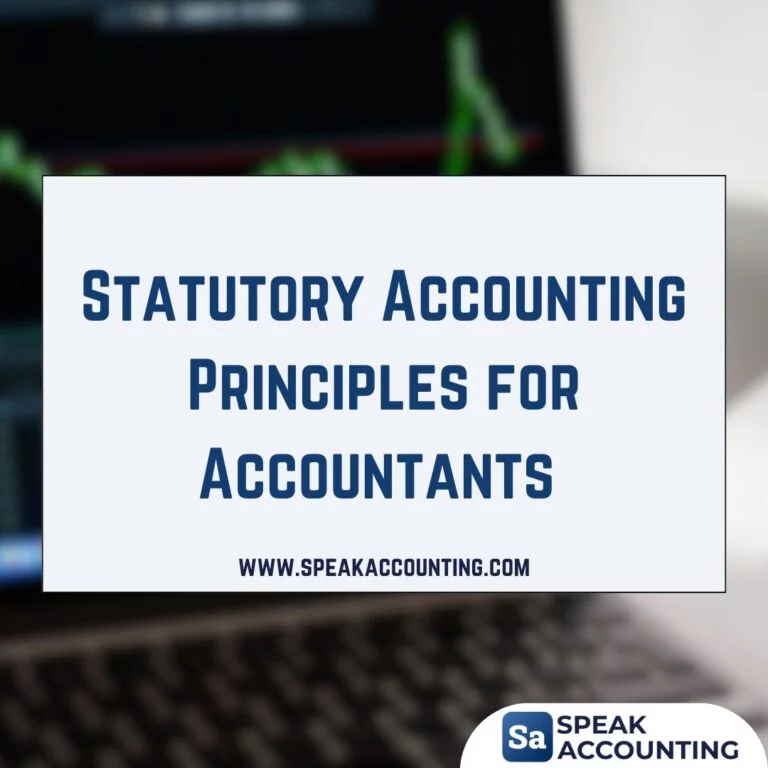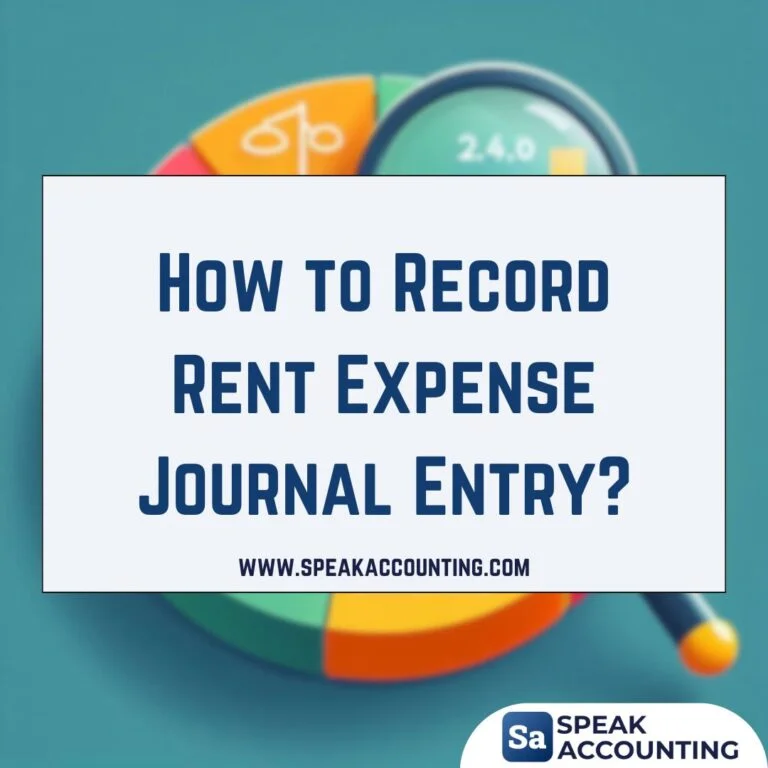IAS 1 vs IFRS 18: What’s Changing in Financial Statement Presentation?
Introduction On April 9, 2024, the International Accounting Standards Board (IASB) issued IFRS 18 — a brand-new standard that replaces IAS 1, fundamentally reshaping how financial performance is presented in financial statements. While the recognition and measurement rules remain unchanged, IFRS 18 introduces a new structure, subtotals, and mandatory categories that will significantly affect how…










